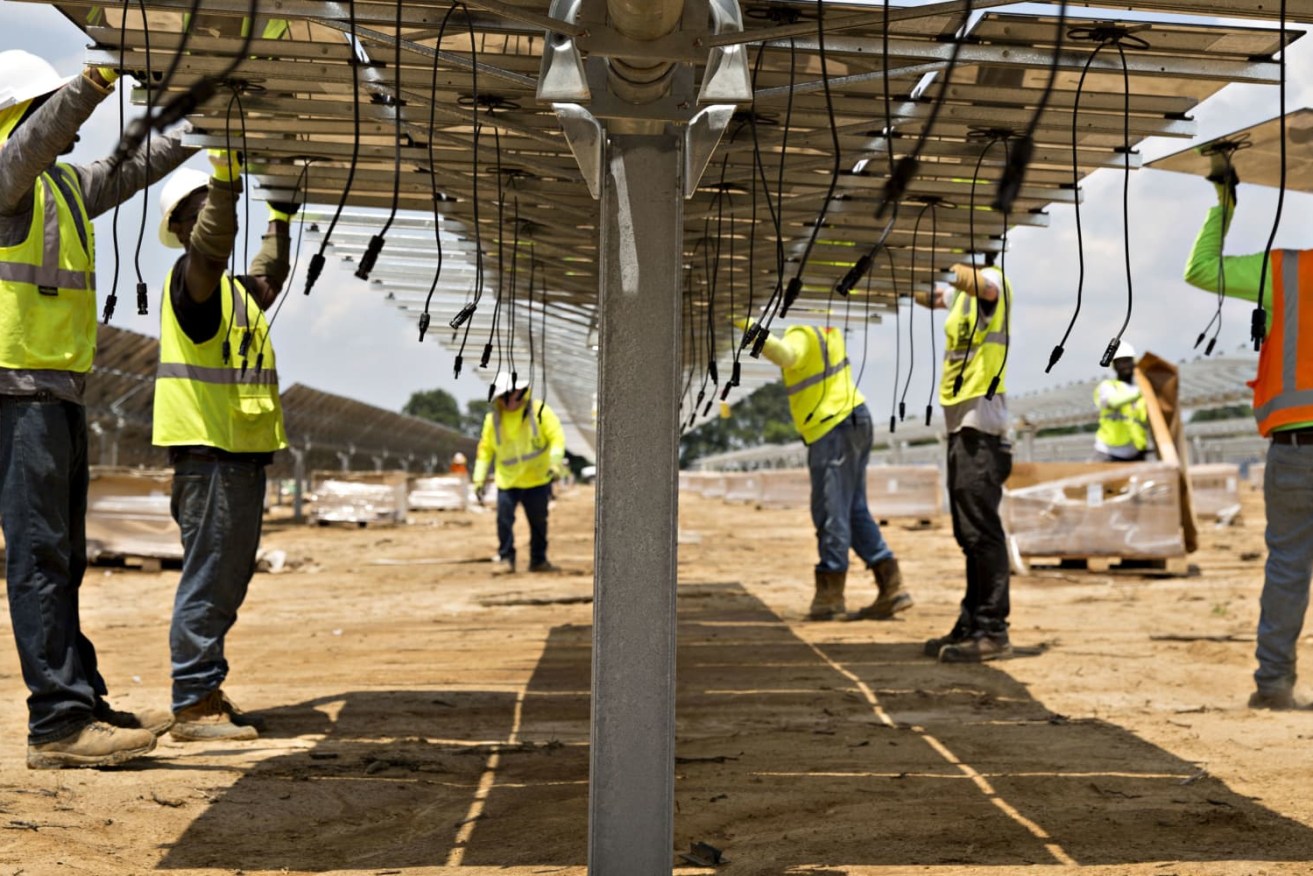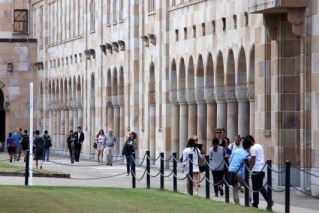Business calls for emergency visas to ease labour shortage
The long-predicted increase in wages has started in Queensland as businesses report they have been forced into paying skilled workers premium wages as the closed international borders stretched labour supply.


Employers claim emergency visas were needed to fix labour shortages
A submission from Chamber of Commerce and Industry Queensland to the Department of Home Affairs has urged an increase in overseas migration, a focus on bringing in employer-sponsored migrants and an extension of the Designated Area Migration Agreement to include Queensland regions.
Registered migration agent and Pacific Centre managing director Piotr Ferenc said he expected businesses would be forced to close as a potential consequence if the skills gap was not addressed urgently. He urged governments to implement emergency visas to allow skilled and unskilled migrants to fill the skills gap short-term.
“There is demand for employees across the whole state,” he said.
“The criteria now is two hands and two legs, these businesses are desperate.
“A fast-track visa is not enough, we don’t have time. There is need now for emergency visas.”
CCIQ found skill and labour shortages were occurring across the majority of industry sectors and especially in rural, regional and remote Queensland, which was forcing wages up.
“Close to half of businesses increased their labour costs during the September quarter to levels higher than the previous year and higher than the 10-year average,’’ CCIQ policy and advocacy general manager Amanda Rohan said.
“While we know the increase in the minimum wage and employer superannuation contributions likely contributed to this, however businesses told us they were forced to offer more competitive wages to attract and maintain skilled workers in a competitive labour market.’’
She said it was not an issue that was limited to the southeast or tourist centres.
“Many businesses saw similar lower employment levels continue in the December quarter with international labour markets restricted and despite access to Queensland reestablished,’’ Rohan said.
“Without the reintroduction of overseas migrants, businesses will lack the employees they require to keep their doors open and the economy will have greater difficulty recovering in the wake of Covid-19.”
“A simpler migration process should also include upskilling and reskilling opportunities, clear pathways from temporary visas to permanent residency in Australia and prioritisation of employer-sponsored regional visas to ensure businesses in our regions can compete for access to skilled workers,” Rohan said.












